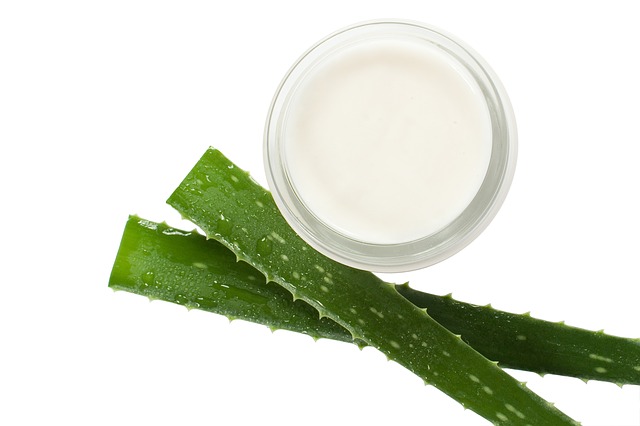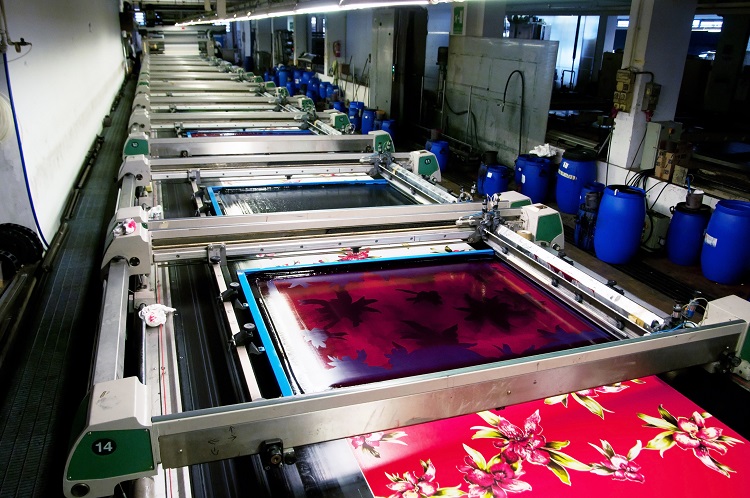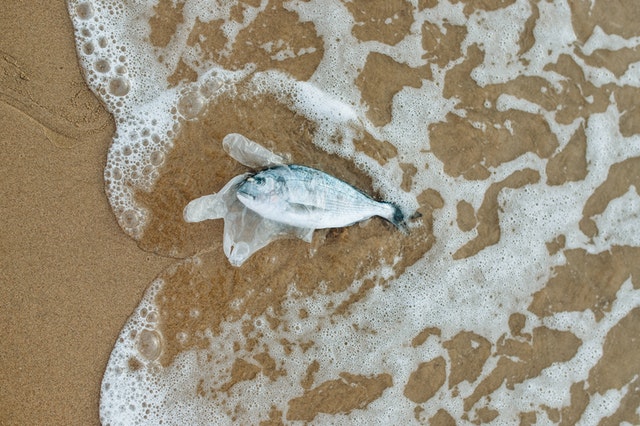
Winter is never nice to your skin. Whether it is just a mild winter or you’re chilled to the bone, the cold weather is always going to find a way to weasel its way into becoming a factor in your skincare regime.
While this is a fact that we need to live with, there are plenty of options for keeping skin healthy and happy throughout this time. Here are ten eco-friendly skincare solutions for winter.
Coconut Oil
It is hard to find something more economically friendly or better for your skin than good, old-fashioned coconut oil. Coconut oil has a range of benefits for the skin, including:
- Hydration
- Minimizes the appearance of wrinkles
- Protecting the skin
- Excellent exfoliator
Plus, it also happens to smell divine. So, if you are looking for a natural solution to your skincare needs, coconut oil is the way to go. However, coconut oil is not the only eco-friendly skincare option available.
Use Multi-Use Whenever Possible
One-use cleaning cloths and disposable toiletries are convenient and easy to use. This fact is why they are so appealing to the masses. Yet, they aren’t eco-friendly, and the convenience does not outweigh the massive impact on the environment.
Therefore, whenever possible, try to adopt a more eco-friendly skincare routine this winter, use multi-use, washable cloths (preferably microfiber cloths) and containers. Every person who takes this initiative is one less person contributing to the growing single-use waste amassing worldwide. Every little bit helps.
Washing Your Face
It sounds strange, but even washing your face can negatively impact your skincare routine. The harshness of the water you use and the soap, even eco-friendly, can cause your efforts to get nullified or even work against you.
So, reduce your water temperature to help your skin maintain some of its natural oils whenever you wash your face, and do not use anything with palm oil. (Palm oil is a major contributor to deforestation in the rainforest and isn’t even healthy for your skin.)
Supplements
Sometimes, there is just not enough time in the day. If you want to ensure your skincare regimen is getting the healthy, eco-friendly boost it needs, the simplest answer might be to take a supplement.
Vitamins A, B, C, D, E, Magnesium, and Zinc can all be good supplements to take for keeping your skin happy and healthy, especially during the winter. Depending on your specific skincare needs, it is important to find the right supplement for you.
However, you want to be careful with supplements because many people are confused about a common supplement inclusion and often wonder, does biotin cause acne? Biotin is in many natural foods and supplements.
When it comes to Biotin, it is important to remember that foods rich in biotin are usually okay. Foods with Biotin are generally healthy and do not contribute to acne breakouts. However, you should stay away from supplements that include biotin if possible.
Minimize Packaging
Branding is a big deal for companies. Advertisers spend millions of dollars researching how to catch the eye of their target audience best. The result is usually a fancy package with shiny lettering and other over-the-top embellishments.
The problem is, the more packaging gets used to contain beauty products, specifically skincare products, the more waste they are inflicting on our world. Therefore, when purchasing skincare items, try to find items with minimal packaging.
This action will serve two purposes towards being eco-friendly. The first is you are not wasting as much packaging. Right there, that’s a win. Yet, the second purpose is to send a message to the beauty market that shows them where your loyalty lies.
Sure, one person isn’t going to change their minds, but it only takes one to take a stand to inspire others. Once one person does it, another person will do it, and another, until it builds a community.
That community is gaining strength daily, and already, it is impacting the way packages are produced throughout the skincare industry. Will you be that one person to take a stand in your social circle?
In summation, you want to keep your skin as healthy as possible, regardless of winter or any other time of the year. However, with the cold weather and harsh conditions, skin is uniquely vulnerable during the winter, which is why it is vital to include one or more of these eco-friendly skincare solutions into your routine.



